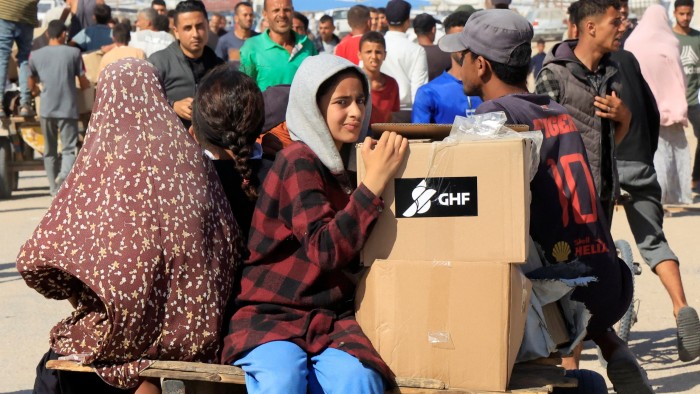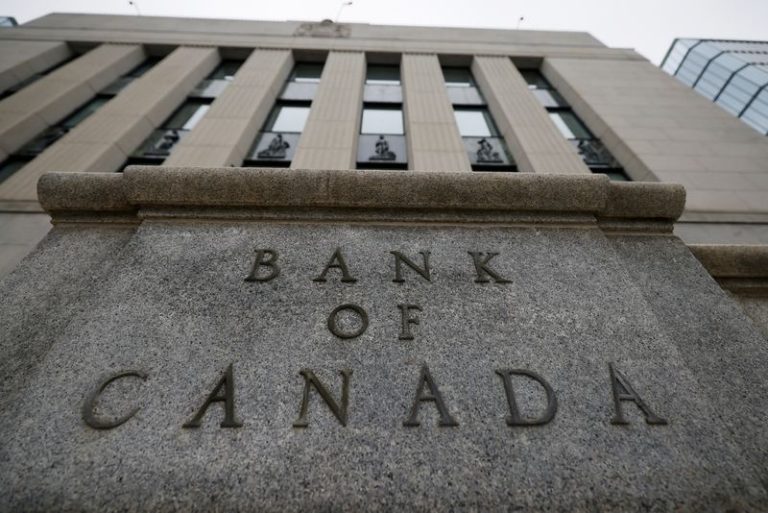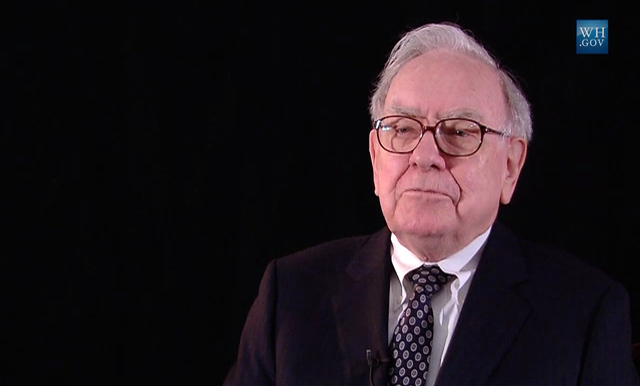A US private military company agreed a deal with a little-known Palestinian group to staff its new distribution centres in Gaza after prominent businessmen declined to take part in the controversial overhaul of aid.
Safe Reach Solutions — a US military contractor run by an ex-CIA officer that is set to provide security for distribution hubs under the scheme — has agreed a contract with a Gazan company called Three Brothers, led by Mohammad Khozandar, to run distribution at a centre in Tal Sultan, Rafah.
In recent weeks the military contractor had approached several more prominent Gazan businessmen about staffing the centres, but they refused to take part in the US and Israeli-backed scheme, arguing it amounted to forced displacement of people in the enclave.
The businessmen were concerned about violations of humanitarian principles and the widespread unpopularity among Palestinians of the scheme, which aims to replace distribution by the UN and international aid groups.
The deal indicates that the new distribution centres, overseen by US private security and Israeli forces, envision using Palestinians as the first line of contact with recipients despite the difficulties in finding companies to provide staff.
Suheil Siqa, a prominent businessman and head of the Contractors’ Union in Gaza, said his company received an approach from SRS in mid-May asking it to submit a bid to staff distribution centres.
Siqa had envisaged a large scheme involving dozens of centres to cater for Gaza’s population. “Then it became clear that it’s just four centres, and only in the south,” he said, adding it was “a farce”. “Two million people and you want to feed them with four centres? How?”
Siqa saw that the scheme was widely condemned by international aid groups with which he often works, along with the UN. Rather than those groups, the scheme is being spearheaded by a little-known US-backed entity called the Gaza Humanitarian Foundation.
As a result, he told his company to reject the offer.
“There are indications that your organisation’s activities may be linked with political agendas harming the Palestinian cause in Gaza, which we can under no conditions accept,” his company told SRS.
Another established businessman, Ahmed Helo, head of Gaza’s industry group for fuel companies, said he had received a phone call from an unknown number in which an Arabic-speaking person said they were from an “American organisation” working on aid for Gaza.

The person was seeking bids for a tender to staff two daily shifts of 40 employees at a time at each centre, and to supply uniforms and transport.
At first, Helo said he was interested and even submitted a bid via email. But soon he decided to withdraw.
“Once I realised people were against it, I decided I didn’t want to be involved,” he said. “I thought it would hurt people and force them from the north to the south.”
The first day of distribution under the new initiative, which has been widely condemned by Israel’s allies, ended in chaos. The Rafah centre was overrun and operators lost control of the distribution site as desperate Gazans, who have been enduring starvation conditions, sought to access food.
A person familiar with the events said a registration system was quickly abandoned within the first hours of the day given the number of people, and that a new registration and identification system was still under development by the US groups.
Three Brothers, the company eventually contracted for the scheme, was being used “as the first interface with the population” at the distribution centres, according to a person familiar with Gaza humanitarian issues.
They said Khozandar’s team was well known to the Israeli security establishment and had a long history of working with them. Three Brothers employees are responsible for distribution, processing recipients and managing lines.
Khozandar declined to comment.

A company owned by Khozandar was also among five groups granted the exclusive right by Israel to import commercial goods to Gaza earlier in the war.
That gave them a monopoly on trade permits which they then sold for high prices to other traders, driving up prices for consumers, according to an April 2024 report by the Palestinian ministry of economy in Ramallah.
The report describes it as a gasoline company, which according to multiple Palestinian businessmen and officials was relatively unknown and financially troubled before receiving import permission from Israel. Khozandar declined to comment.
Safe Reach Solutions is a foreign private security contractor working with the Gaza Humanitarian Foundation, a new US organisation set up to run hubs under the Israeli scheme to revamp supply distribution in Gaza.
The UN and most international non-governmental organisations have refused to take part in the scheme, under which delegates from approved Palestinian families are to be summoned to four distribution points run by the GHF, its security contractors and the Israel Defense Forces.
The rollout of the plan, starting on Tuesday, came after Israel imposed a complete siege on Gaza for more than two months, blocking all deliveries of food, medicines, fuel and aid from entering the territory. It has let a trickle of aid into Gaza this week.
The GHF has also faced internal turmoil, with chief executive Jake Wood resigning on Sunday, saying it would be impossible to implement the plan while adhering to humanitarian principles.
SRS did not immediately reply to a request for comment. GHF could not be reached for comment.
A tender document sent to a Palestinian businessman and seen by the Financial Times showed a pricing scheme for at least 30 days of “local staffing” for the “secure distribution sites”, with the option of renewal.
Additional reporting by Neri Zilber in Tel Aviv






